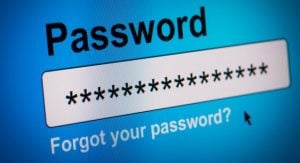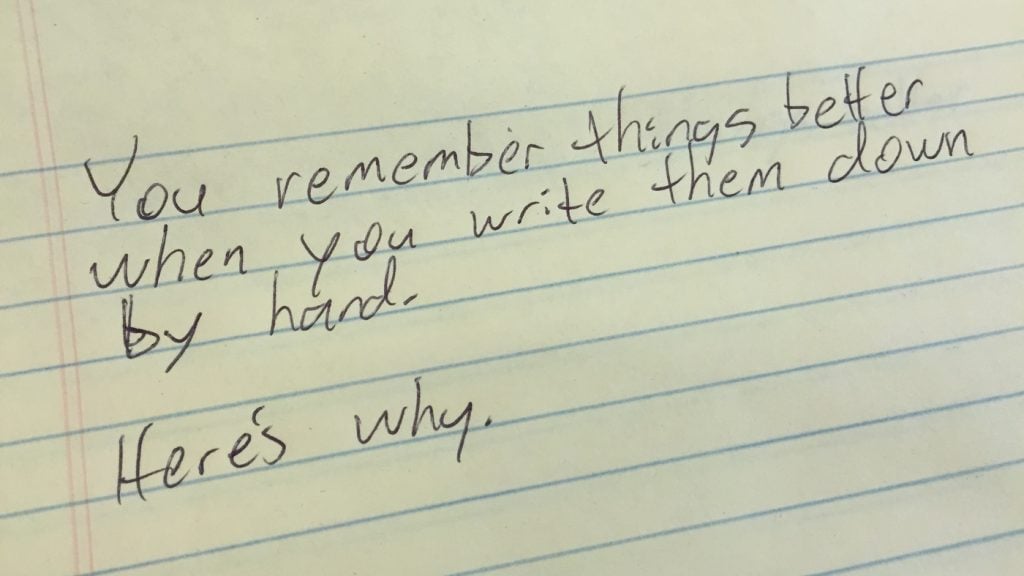By Jamie Redman,
As a writer who earns bitcoin and saves as much as I can with a family of four, I’ve recently begun preparing my family’s digital inheritance. When I pass, my wife will take over all of my assets, and this includes bitcoin. Preparing another person to gain access to their bitcoin private keys before death is necessary.
Death and Digital Inheritance
 Getting old is something we can’t stop, but we can prepare our loved ones for when we leave the earth. Recently, I have been making somewhat of a digital will for my wife for when I die so she will be able to access all my online accounts and bitcoin access. If I were to unexpectedly die it would be tough for my wife to manage our bitcoin assets without help and guidance. This issue is something bitcoiners should consider. Some people are not married and may even have to disclose this information to a family member or close friend.
Getting old is something we can’t stop, but we can prepare our loved ones for when we leave the earth. Recently, I have been making somewhat of a digital will for my wife for when I die so she will be able to access all my online accounts and bitcoin access. If I were to unexpectedly die it would be tough for my wife to manage our bitcoin assets without help and guidance. This issue is something bitcoiners should consider. Some people are not married and may even have to disclose this information to a family member or close friend.
Since before bitcoin, digital inheritance has been a problem to solve for people worldwide. If a friend or family member cannot gain access to your passwords and some personal information, then things like online bank accounts, email, and social media can be lost forever. Additionally, this also applies to cryptocurrency with passwords, PINs, and 12-24 word mnemonic phrases (seed). If you don’t leave this information behind somehow, then stored bitcoins could be lost forever.
Steps I Used to Ensure My Wife Gets My Bitcoin When I Pass
This past month I have been preparing my digital inheritance that will be given to my wife when I complete it. It’s nothing technologically innovative but merely a small notebook of handwritten information on how to access my online accounts and cryptocurrency. Access to our bitcoin is important because it could help with future living expenses, a funeral, and many costs associated with death. The small notebook’s location is well hidden and stored in a fireproof safe, and only my wife knows the location.

Now there are platforms that can store online account information and passwords. A company such as Lifebank can store this data offline. My approach, however, is more old school and more secure in my opinion, even though there are always vulnerabilities. The notebook’s location could be found, and the information could be compromised by a malicious person. Yet, I believe this could very well happen to a third party storing my data as well and I feel more comfortable being my own bank.
The first steps I did for giving my wife instructions on accessing my bitcoin is explaining where it is all held. I use multiple types of wallets with my phone, and a few hardware wallet models as well. After explaining how to access each bitcoin account, I have written information on each credential needed to access these locations. For instance, I provided my wife with all the passwords and PINs tethered to my wallets. Furthermore, the backup seed phrase is also written down just in case the other passwords don’t work, or my phone wallet or hardware device was lost or stolen.
After finishing an entirely handwritten walkthrough of how to access my cryptocurrency, my wife will now have the ability to use our funds. She’s always had a say in how we spend and save our money, including bitcoin, but she’s never really been interested in commanding these wallets on her own. However, we have agreed to do a digital walk-through of these steps so she can get a better grasp of how to access my digital possessions.

Death is Imminent But Bitcoin’s Can Be Passed On
There’s a lot to think about when it comes to digital inheritance, and the thought can be morbid. Nonetheless, it’s a good idea to be prepared because death can happen at any time. Bitcoin can be left to a trusted person so the digital asset can be used by someone else when you pass.
A good idea is to do a rundown of who you think that most trusted person may be. It could be a wife, husband, mother, sister or even best friend.

